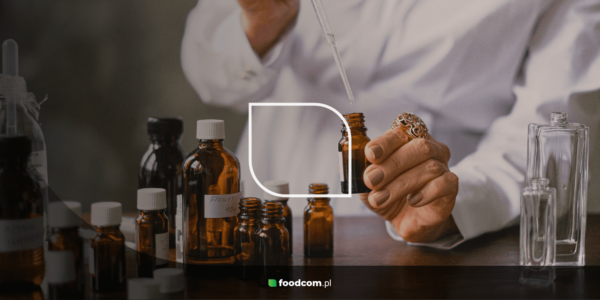Sodium sorbate (E201) – what is it?
Sodium sorbate, also known as E201, is an organic chemical compound used as a food preservative. It is the sodium salt of sorbic acid, extracted mainly from rowan berries. Thanks to its antibacterial and antifungal properties, sodium sorbate effectively inhibits the growth of mold, yeast and certain bacteria, prolonging the candor and shelf life of food products.
Its uses are wide and include the food, pharmaceutical and cosmetic industries, making it one of the most widely used preservatives in the world. Sodium sorbate is valued for its low toxicity and good tolerance by the human body, which has been confirmed by numerous scientific studies.
Properties of sodium sorbate
Sodium sorbate is distinguished by several key properties that make it an effective preservative. First of all, it is stable over a wide pH range, which makes it possible to use it in a variety of food products, both acidic and alkaline. In addition, it exhibits strong antimicrobial activity, especially against yeast and mold, which is crucial in maintaining food quality and safety.
Uses of sodium sorbate
Sodium sorbate is used in a wide range of food products, including beverages, dairy products, baked goods, fruit and vegetable preparations, and meat products. It is also used in some cosmetic and pharmaceutical products as a preservative. Thanks to its effectiveness in inhibiting the growth of microorganisms, it helps extend shelf life without affecting the taste, smell or appearance of the product.
Where to buy sodium sorbate?
Sodium sorbate is commercially available to both industry and individual consumers. It can be purchased at specialty stores with raw materials for the food industry, chemical wholesalers, as well as online. It is available in various forms, including powder or granules, making it easy to use according to production needs.
Sodium sorbate and its functions in food
As a preservative, sodium sorbate plays a key role in maintaining the quality and safety of food products. First of all, it prevents the growth of harmful microorganisms that can lead to food spoilage and the occurrence of foodborne diseases. In addition, due to its stability and effectiveness in a variety of conditions, it allows products to increase their shelf life without the need for chemicals with greater toxicity.





